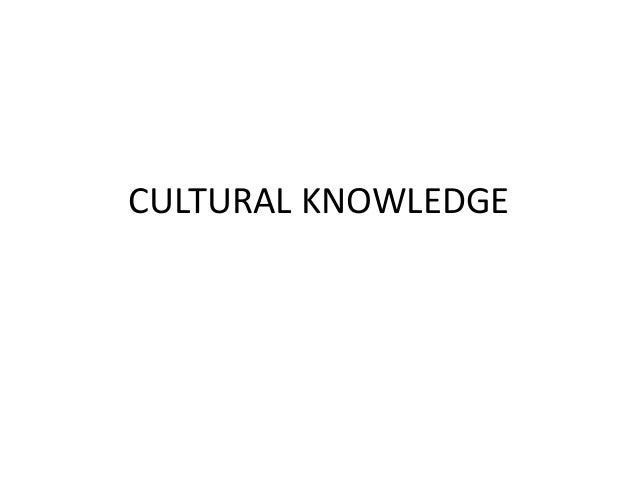Culture, much like the intricate web woven by a master artisan, forms the very fabric of society. This tapestry consists of threads representing language, traditions, beliefs, and practices. It is a dynamic creation, ever-evolving, that reflects the collective psyche of a community. Cultural knowledge, therefore, is not merely a repository of information; it is an essential guide that shapes individual behaviors, societal interactions, and the ethos of communities. Its impact is felt in realms as diverse as education, governance, and social cohesion.
At the core of the influence of cultural knowledge lies the concept of identity. Culture endows individuals with a sense of belonging, and this connection to one’s heritage can influence attitudes and actions in profound ways. For instance, think of cultural knowledge as the roots of a tree. Just as roots anchor a tree firmly in the soil, cultural roots provide individuals with stability and a point of reference. These roots nourish the tree, much like shared traditions and histories fuel community development.
Education, as a vessel of cultural transmission, thrives on this foundation. Schools embody the microcosm of society, where cultural knowledge is disseminated. Here, the narratives of different cultures collide, creating a rich learning environment. When students are educated about diverse cultural heritages, they cultivate empathy and appreciation for differences. This multicultural lens fosters creativity, encouraging innovative thinking as individuals learn to draw from a plethora of perspectives. In this way, cultural knowledge not only prepares students for a globalized world—it transforms them into global citizens.
Governance, too, reflects the essence of cultural knowledge. Policies are often a reflection of the cultural zeitgeist, governing how communities function and thrive. A government that embraces cultural knowledge is better equipped to serve its populace. For instance, indigenous cultural practices often inform sustainable land use policies. Recognizing these practices can lead to more inclusive decision-making processes that honor historical wisdom, ensuring that development does not come at the cost of ecological integrity.
Societal interactions are invariably influenced by cultural knowledge. The customs and traditions that shape interpersonal relationships dictate how individuals communicate and collaborate. Consider the metaphor of dance; each culture has its own rhythm and style, yet the beauty of a dance is revealed in the ability of dancers from varying traditions to harmonize. When cultural knowledge is appreciated, the clashes of different social norms become opportunities for dynamic exchange rather than sources of conflict. This harmony is vital for community cohesion and collaboration, enabling societies to tackle shared challenges effectively.
Moreover, cultural knowledge fosters resilience within communities. In times of crisis, it is often the age-old traditions and practices that guide groups through adversity. Take, for instance, the role of storytelling in preserving cultural knowledge. Stories passed down through generations hold the key to understanding a community’s values, struggles, and triumphs. Much like a compass, these narratives provide direction in turbulent times, helping communities maintain their cultural integrity while adapting to evolving circumstances.
The digital age has introduced unprecedented challenges and opportunities in the realm of cultural knowledge. The internet serves as both a repository and a battleground for cultural expression. On one hand, it enables the proliferation of diverse cultural narratives. With just a few clicks, individuals can access a cornucopia of cultural experiences from around the globe. On the other hand, the risk of cultural appropriation looms large. When cultural symbols are commodified without contextual understanding, the original meanings and histories may be diminished or distorted. This is akin to mining precious artifacts from their sacred sites, stripping them of their significance and reducing them to mere curiosities.
As technology continues to advance, the need for cultural literacy becomes even more pronounced. In an interconnected world, individuals are no longer confined to their geographical boundaries. The responsibilities of cultural knowledge extend beyond the individual level; they encompass collective stewardship of shared narratives. It is here that communities must tread carefully, balancing the preservation of cultural integrity with the embrace of innovation and change.
Furthermore, the significance of cultural knowledge extends to the field of sustainability. Traditional ecological knowledge, often rooted in cultural practices, offers invaluable insights for contemporary environmental challenges. Indigenous communities, through centuries of observation and interaction with their environments, have developed intricate systems of sustainable resource management. For example, permaculture principles and polyculture practices demonstrate how cultural knowledge can lead to regenerative agricultural methods that enhance biodiversity and soil health. As the world grapples with climate change, integrating these practices into broader environmental strategies could yield transformative results.
In conclusion, cultural knowledge is a vital asset that wields considerable power in shaping the contours of society. It is the lens through which identity is formed, the bridge that fosters understanding across diverse backgrounds, and a tool that paves the way for sustainable practices. Just as the threads in a tapestry must be cared for to ensure its longevity, so too must cultural knowledge be nurtured and respected. The collective future rests on a society that honors its cultural heritage while embracing the creativity and innovation that emerges from this rich, interconnected landscape.
